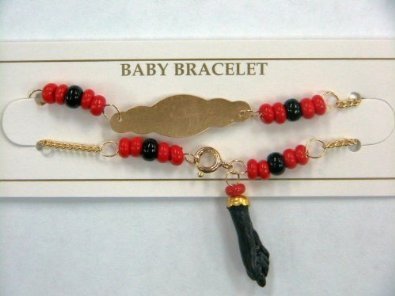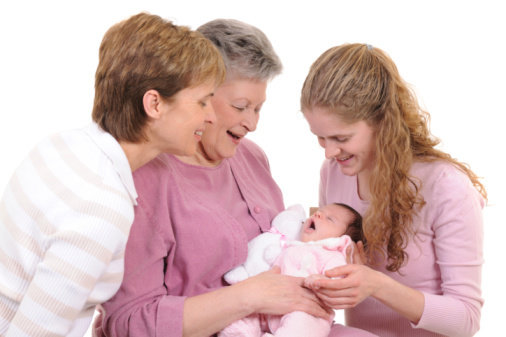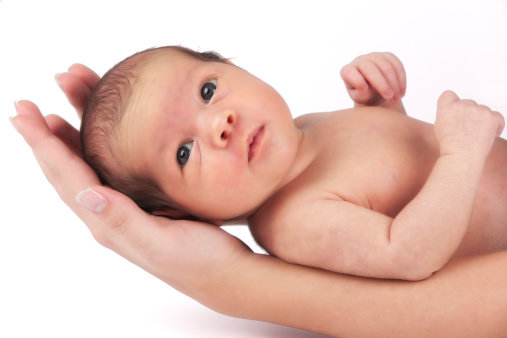The royal baby is finally here!! After weeks of anticipation, Kate Middleton and Prince William gave birth to a healthy baby boy at 4:24 p.m. local time in St. Mary's Hospital in London. The baby weighed in at an astounding 8 lb. 6 oz.–pretty big for that tiny belly!
We've been on high alert since earlier today, when it was confirmed that Kate went into labor.
Read more ¿Qué más? :Royal baby watch: Snooki gives Kate Middleton brilliant advice on mommyhood
Rumors of the birth started flying mid-Friday after the Duke and Duchess of Cambridge abruptly departed the Middleton family home in Bucklebury with police escorts and boarded a helicopter bound for London. However, a palace rep refused to comment on their exact location or destination at the time.
Well, I gotta say it's about time! Is it me or does it seem like Middleton's been pregnant for decades?! I'm just glad the royal heir we've all been eagerly awaiting for is here at last and that both mom and baby are safe and sound! I'm sure everyone at the palace–and the rest of the country–is celebrating and just as thrilled. According to Palace word, the baby and mom will both remain in the hospital overnight.
And since Middleton, who has previously revealed her plans for being a hands-on parent, is a first-time mom, I figured it's the perfect time to share some of our favorite cultural baby care practices. Below, check out Latino traditions for newborn babies we think Kate Middleton should consider following:
Image via Getty Images
Azabache

In many Latin American countries, it's traditional to buy babies an azabache (a gold bracelet or necklace with a black or red coral charm in the form of a fist). The bracelets are thought to protect newborns from the evil eye. And though I'm sure the royal baby has plenty of security on guard at all times, a little more couldn't hurt right?
Family help

I think this applies to almost any culture, but relying on your family for a little help can be necessary in the first few weeks after the baby is born–especially the abuela! Many Latina moms have their own mothers stay with them for several weeks after giving birth.
Cuarentena

Latin families often follow the tradition of cuarentena, in which both mom and baby stay indoors for 40 days, both for protection and to allow the two to bond.
Regulating cold and heat

All babies need their body temperatures regulated–and since even as adults, traditional Latino medical treatment cites intensive hot or cold for sickness, keeping their child out of extreme sun or away from an AC is an especially significant practice.




